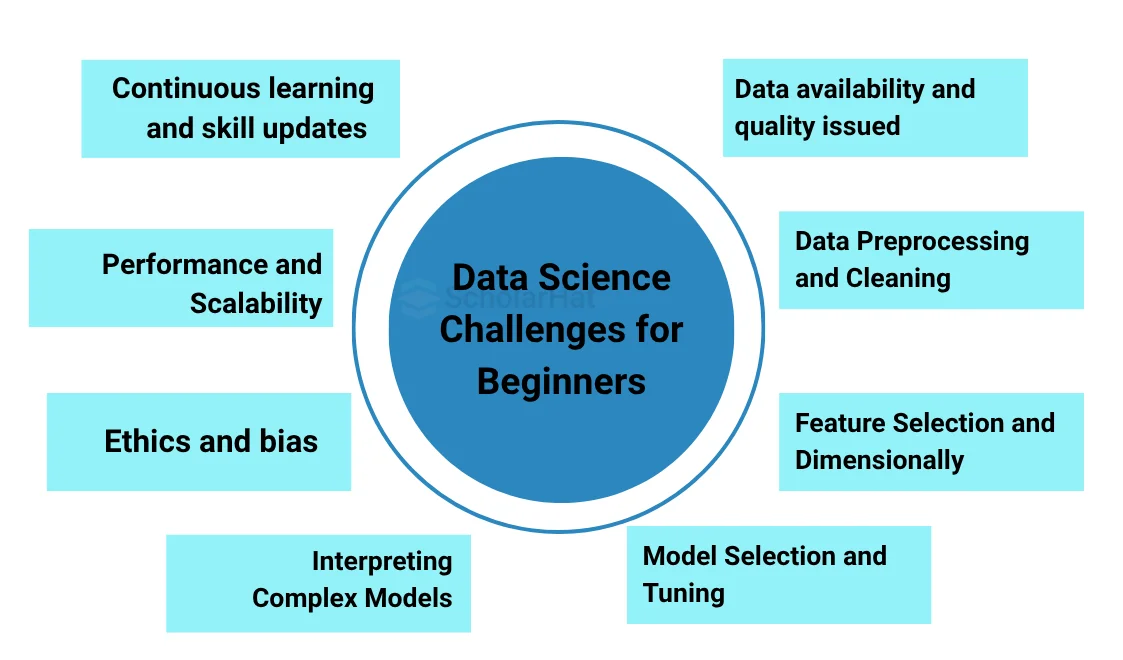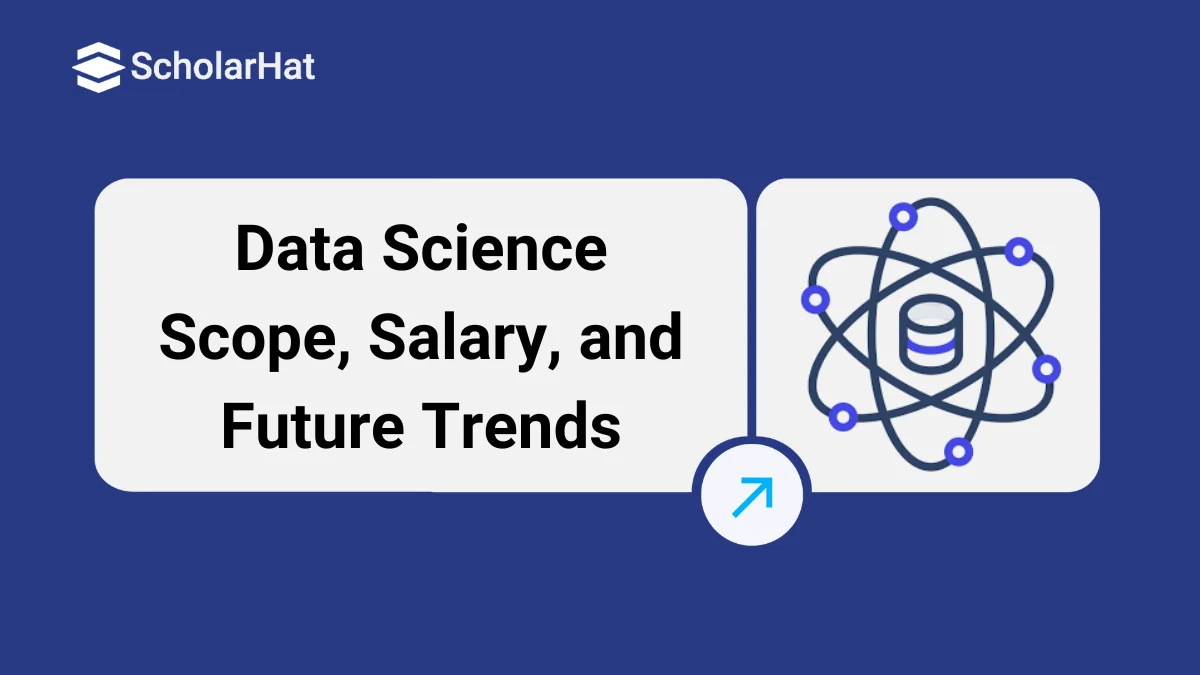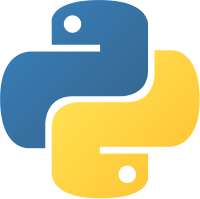27
FebData Science Scope, Salary, and Future Trends
Introduction
Data science tutorial uses scientific techniques and algorithms to extract insights from data. It covers a range of sectors, including marketing, finance, healthcare, and technology. To make well-informed decisions and forecast trends, data scientists analyze data. Big data and the development of AI are driving up demand for qualified data scientists. Careers in data science provide enticing pay and employment opportunities. As technology develops and makes it possible for data-driven tactics for better decision-making, the future of data science training in India appears bright. The scope of data science training is bound to be impacted by future developments, incorporating emerging themes such as explainable AI, ethics, and privacy concerns.These new aspects will shape the direction and advancements in the field.
Is data science a good career
Read More - Top Data Science Interview Questions
Growing Demand for Data Science
Across several industries, there is a sharp increase in demand for data science experts. Organizations are utilizing the skills of data scientists to extract insights and uncover possibilities as they increasingly recognize the importance of data-driven decision-making. The exponential growth in data volume, technological advancements, and the necessity for businesses to acquire a competitive edge are important drivers of the rising need for data science.
Following are some key points:
- Increasing need: Businesses from all sectors are realizing the benefits of data-driven decision-making, which is creating a high demand for data science personnel.
- Rise of data exponentially: Data scientists have a plethora of options to draw insights from the exponential rise of data volume from numerous sources.
- Technological developments: The demand for data science knowledge has been further spurred by technological developments, particularly big data infrastructure, & machine learning techniques.
- Competitive advantage: Businesses are looking for data scientists to give them a competitive edge by utilizing insights and making wise decisions.
- Interdisciplinarity: Data scientists that combine their knowledge of statistics, mathematics, computer science, & a particular field can work on a variety of projects and make contributions in many different fields.
- Growth: The need for knowledgeable data scientists is anticipated to keep growing soon, pointing to a potential employment field.
Job Scope of data science
- Extraction of insightful information: Data scientists are essential in the data collection in data science, cleansing in data science, and analysis of data to spot patterns and trends.
- Development of machine learning models: They create and use machine learning models, enhancing their accuracy and performance.
- Collaboration and the delivery of solutions: Data scientists work with stakeholders to comprehend business objectives and deliver data-driven solutions.
- Actionable insights: They use sophisticated modeling methods and statistical analysis to transform raw data into actionable insights.
- Data infrastructure and pipelines: For effective data storage and retrieval, data scientists may be involved in developing and handling data infrastructure and pipelines.
- Growing demand: There is an increasing need for data scientists, and this demand is likely to grow as a result of the data's exponential expansion. This will present data scientists with interesting job prospects.
Data science challenges for beginners
While data science brings many benefits, it also has a number of difficulties that data scientists frequently run into. Here are a few typical difficulties in data science:

- Data availability and quality issues: Data scientists frequently run into issues with the availability and quality of data. The accuracy, consistency, or lack thereof in the data may have an effect on the effectiveness and dependability of the models. Accessing relevant and thorough data can also be difficult, particularly in sectors with stringent privacy laws.
- Data Preprocessing and Cleaning: Data preprocessing is a crucial step in data science that involves cleaning, transforming, and preparing the data for analysis. Dealing with missing values, outliers, and noise in the data can be time-consuming and complex. Data scientists need to employ appropriate techniques to handle these issues effectively.
- Feature Selection and Dimensionality: Choosing the right features or variables to include in the analysis is critical for model performance. However, in datasets with a high number of features, known as high dimensionality, selecting relevant features becomes challenging. Dimensionality reduction techniques and feature engineering methods are often employed to address this challenge.
- Model Selection and Tuning: Deciding whether machine learning algorithms or models are best for a particular task can be difficult. Data scientists must take into account elements including the nature of the problem, the type of data, and the desired output because different models have different strengths and limits. A difficult challenge is fine-tuning model parameters to maximize performance.
- Interpreting Complex Models: As data scientists create complex models, such as deep learning neural networks or ensemble approaches, it becomes difficult to understand how they operate. It can be quite difficult to comprehend how complicated models make decisions and to communicate their results to stakeholders.
- Ethics and bias: When bias is present, it can cause unfair or discriminating results in data and models. During the data collection, preparation, and model creation processes, biases must be carefully monitored and minimized by data scientists. Data scientists must also evaluate the ethical issues related to data privacy, permission, and transparency.
- Performance and Scalability: It might be difficult to scale data science solutions to accommodate enormous amounts of information and real-time processing. Expertise in distributed computing & optimization techniques is needed to create computationally efficient models and design systems that can handle growing data quantities.
- Continuous learning and skill updates: The discipline of data science is rapidly growing, with new algorithms, frameworks, and tools appearing frequently. To effectively address complicated issues and make use of cutting-edge methods, data scientists must continually learn new skills and keep up with technological breakthroughs.
Future of data science in India
- Growing Demand: As more businesses see the benefits of data-driven decision-making, there is an increasing need for qualified data scientists.
- Advanced Technologies: Data science will become more powerful as a result of ongoing technological developments in machine learning, artificial intelligence, and data analytics.
- Ethical Considerations: To ensure appropriate and ethical use of data, data scientists will traverse privacy issues, bias reduction, and justice.
- Collaboration across disciplines: This will promote innovation and produce thorough insights when data scientists, subject matter experts, and stakeholders work together.
- Automated processes: Automating operations like machine learning, data preprocessing, & model deployment can improve productivity and efficiency.
- Domain-specific Applications: Data science will keep finding uses in a variety of industries, including healthcare, finance, cybersecurity, & personalized marketing, delivering specialized and significant solutions.
- Continuous Learning: To stay competitive in this fast-paced industry, data scientists will need to upskill, adapt, and engage in lifelong learning.
Salary and Future Trends in Data Science
Salary
- Due to the strong demand and lack of qualified specialists, data science occupations have promising compensation prospects.
- Salary varies according to geography, industry, industry experience, and education.
- Higher-paying positions are available for data scientists with graduate degrees and specialized training.
Future Trends
- Increasing focus on explainable AI for clear and understandable models.
- The need to overcome biases, privacy issues, and ethical issues in data-driven decisions is becoming more and more important.
- Automated machine learning advancements enable quicker and more effective model development.
Data science impact on business
- Opportunity identification: By using insights and patterns collected from data, data science aids firms in finding new opportunities.
- Efficiency and cost savings: Data-driven decision-making improves processes, lowers costs, and lowers costs.
- Product/service development: The development of new products and services is driven by data science, which also helps create personalized marketing campaigns based on consumer preferences.
- Enhanced customer experiences: Customer data analysis advances comprehension, resulting in improved experiences and greater pleasure.
- Risk management: Data science gives companies the ability to analyze historical data and forecast future patterns to identify and reduce risks.
- Competitive advantage: Making informed judgments and maintaining market leadership is made possible for firms by utilizing data science methodologies.
- Growth and innovation: Data-driven insights encourage innovation by enabling market adaption, expansion, and new opportunities.
Best Practices in Data Science
- Define the scope of data science: Clearly define the scope of data science by emphasizing its use in a variety of sectors and how it affects judgment.
- Talk about salaries: To address the lucrative income possibilities in data science due to the strong demand and dearth of qualified workers, it is important to emphasize that these prospects vary depending on characteristics like training and expertise.
- Analyze possible trends: Introduce new trends including domain-specific applications, explainable AI, ethical issues, and big data integration.
- Give concrete examples: Give examples from your sector to demonstrate how data science is used in practice to reveal insights and spur innovation.
- Place a focus on interdisciplinarity: To succeed in data science, emphasize the need for a broad skill set that includes statistics, mathematics, computer science, & domain experience.






